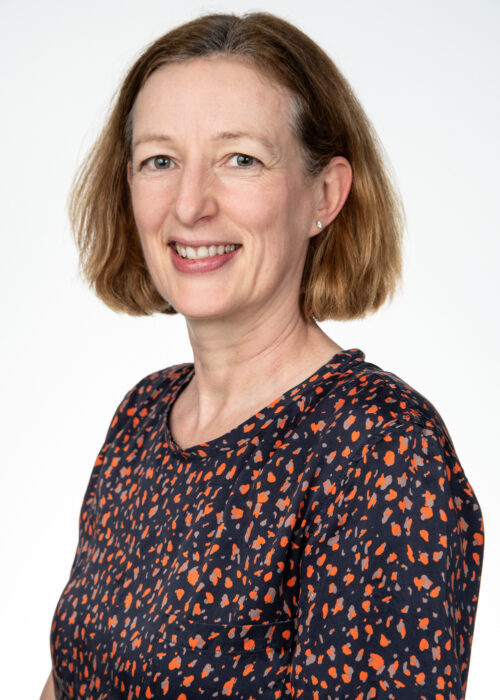Wednesday 30 October 2024
Cancer Research UK are pleased to announce that the first patient has received treatment in a clinical trial for people with advanced cancers.
The UCB4594 study is designed to evaluate a newly developed immunotherapy, a type of drug that helps people’s bodies to recognise and fight cancer cells.
The drug, a monoclonal antibody called UCB4594, was developed by Brussels headquartered biopharmaceutical company UCB.
The first site for the study has opened at the National Institute for Health and Care Research (NIHR) Manchester Clinical Research Facility (CRF) at The Christie NHS Foundation Trust (The Christie) in Manchester. Further sites across the UK are planned as the trial progresses.
Cancer therapies designed to use immune system processes, such as checkpoint inhibitors, have revolutionised cancer treatment. However, limitations are associated with checkpoint inhibitors* and there remains a pressing need for new and better immunotherapies to benefit a broader range of patients.
UCB4594 works by targeting human leukocyte antigen G (HLA-G). HLA-G molecules are usually found on the surface of cells forming the placenta. The antigens interact with the immune system and influence the immune system’s ability to accept and support the growth of a foetus (a process called “maternal-foetal tolerance”).**
As a foetus is genetically different from the mother, it would normally be treated as a foreign invader by the immune system, and maternal-foetal tolerance processes activate to counteract the normal immune response.
Certain types of cancer cells often take advantage of these processes by displaying HLA-G molecules on their surface to avoid being detected by the immune system. This can lead to poor outcomes for patients.
Interfering with this process in non-pregnant patients is a potential way to prime the immune system to attack specific types of cancer cells with high levels of HLA-G molecules present.**
The first part of the study has opened which is designed to assess which dose of UCB4594 treatment is most tolerable to participants. Positive results from the trial could lead to further studies into the effectiveness of UCB4594 in treating different types of cancer associated with high HLA-G levels.

Honorary Professor at The University of Manchester, Medical Oncology Consultant and Medical Director for the NIHR Manchester CRF at The Christie, Professor Fiona Thistlethwaite, who is leading the trial, said:
“Despite many breakthroughs in cancer research, some cancers are still very challenging to treat, and patients deserve better treatment options. Targeting immune processes involving HLA-G could show promise as an approach for beating certain cancers. We look forward to seeing how this trial progresses to investigate whether UCB4594 is a tolerated and effective treatment for potentially treating patients with advanced cancers.”
Director of Cancer Research UK’s Centre for Drug Development, Dr Lars Erwig, said:
“We are grateful to our industry partners who license the use of their cutting-edge therapies. It enables Cancer Research UK’s Centre for Drug Development to sponsor and manage more trials, potentially bringing new treatments, like UCB4594, to patients sooner. We thank current and future participants involved in this early-stage clinical trial, and we look forward to seeing how the study progresses.”
The clinical development of UCB4594 is part of a multi-year, multi-project and multi-agent collaboration with UCB, a global biopharmaceutical company, and Cancer Research UK’s Centre for Drug Development. Under the collaboration, Cancer Research UK are exclusively responsible for the design, sponsorship and delivery of the trial, while UCB will manufacture and provide UCB4594 for the trial. UCB retains exclusive rights to further develop and commercialise UCB4594 and will receive a licence to the results of the clinical trials from Cancer Research UK in return for undisclosed success-based milestone and royalty payments.
